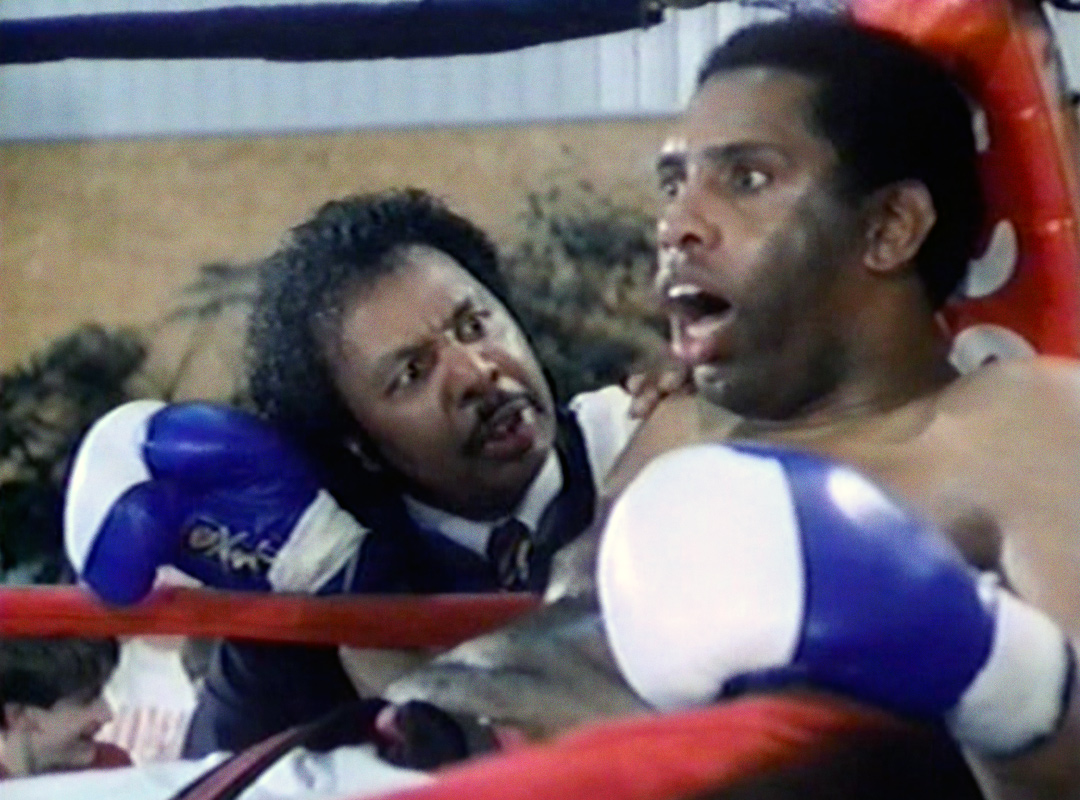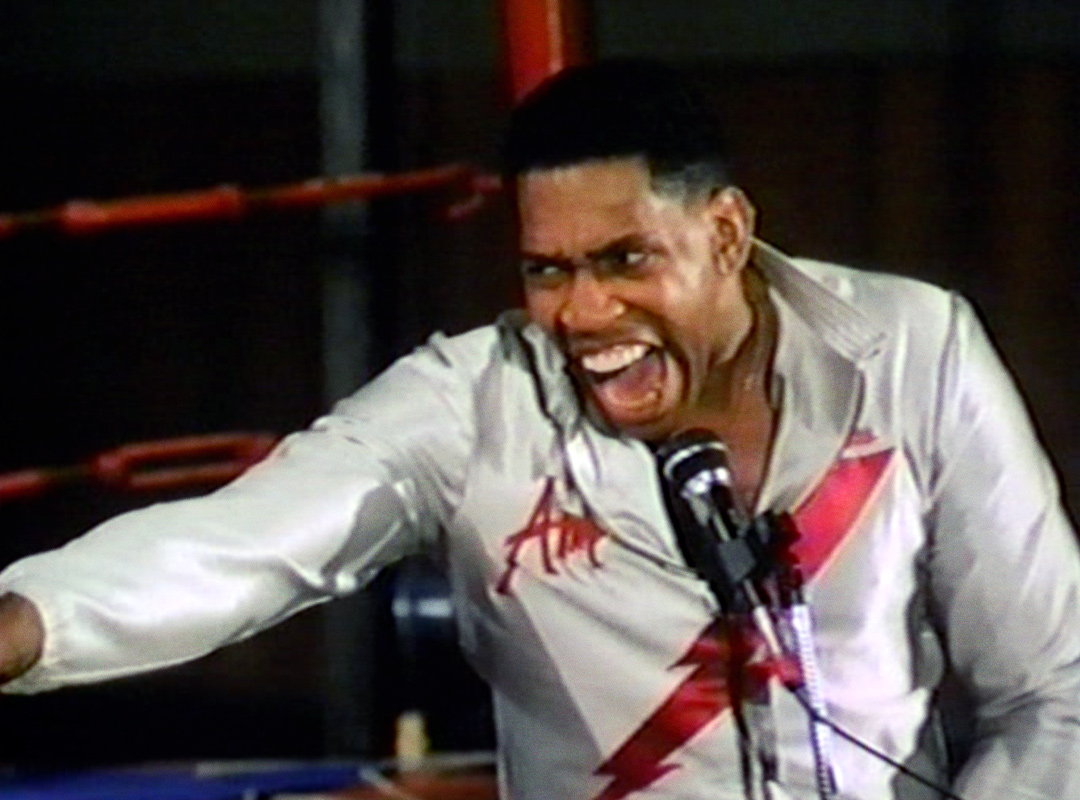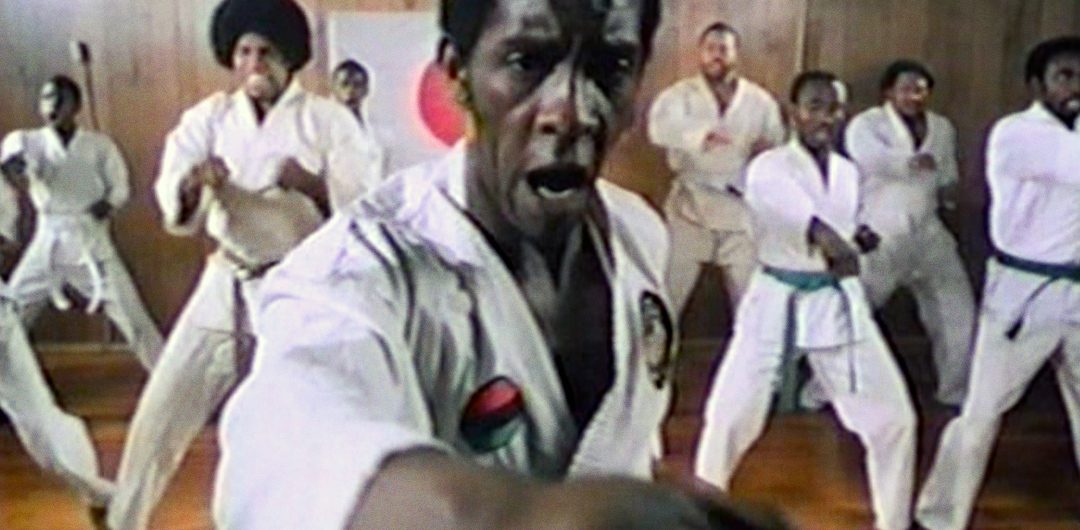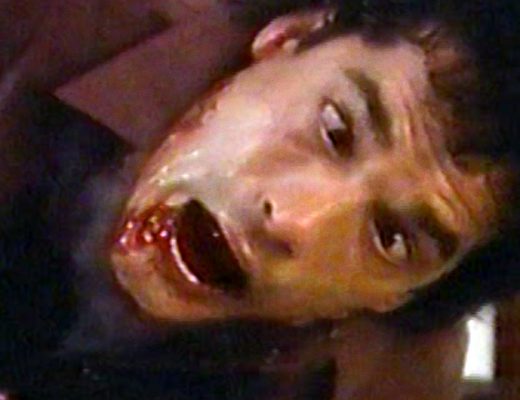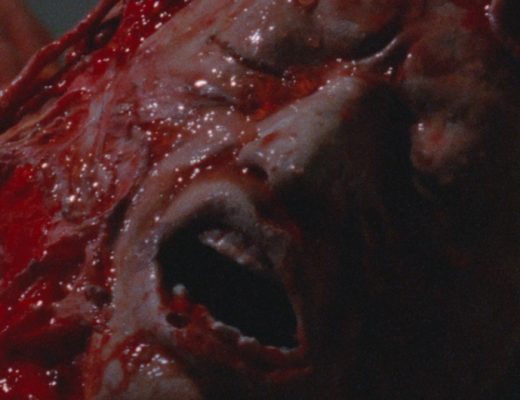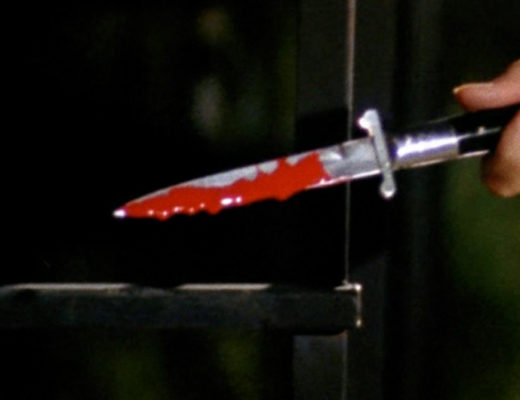In elementary school, kids called me Annie Choi-Boy or Annie Fannie. They also called me Ching Chong, which is definitely not racist because I speak fluent Ching Chong. I think we can agree that these are all terrible nicknames. Iron Thunder is produced, written, and directed by a larger-than-life legend named Anthony “Amp” Elmore, who is also the star. And if that’s not enough, he also wrote the original music and lyrics for the film and holds not one but five titles in kickboxing. Like I said, he’s a legend. “Amp” sums up this man’s energy, drive, skill, and determination in and out of the ring. Meanwhile, my Christmas wish list included a pine-scented candle, a cat clock, and a set of bedsheets in a color called “sour cream.” I’m not what anyone would call amped. I’m what you would call cozy in a set of off-white cotton sheets. I’m tired because I ate too many cookies.
Amp Elmore is amped. He’s jacked. He’s pumped. He’s ambitious. He’s got fists made out of—wait for it—iron thunder. He’s as “big as Ali but can kick like Bruce Lee.” He towers over his opponents and knocks them out using his sledgehammer-sized fists and quick feet. But he’s also got principles. He’s a moral man dedicated to the sacred art of karate and kickboxing. He respects women as much as he respects his African-American heritage.
Iron Thunder follows Amp as he trains and competes in tournaments and vies for the world heavyweight title. So what we get is sweaty training scenes and lengthy kickboxing bouts. But it’s so much more than that. This is a film that captures a man’s spirit and ambition. You can tell Elmore poured every ounce of his blood, sweat, tears, and ripped muscles into making this story—his story—come to life. Amp trains by taking cold showers and punching the floor to “bear the pain” and gets thrown out of his dojo for having different ideas. These are clearly drawn from personal experiences, and that’s what makes this film special. You can feel that this project is close to Amp’s heart and that’s what DIY filmmaking is all about. There are also commentaries about the Black experience: Elmore sports an Afro and talks about Black Power, and a man who served his country in Vietnam commiserates that he’s still being treated like a second-class citizen at home. It’s a reminder that we should keep listening to the stories told by underrepresented groups. Even in a movie with a savagely off-key but soulful rendition of “The Star-Spangled Banner” sung by a Don King knock-off, there’s something to understand about the experiences of others.
While Iron Thunder lags and feels disjointed at times, it still has an infectious energy. Elmore is a joy to watch, especially when he berates his opponent in a gloriously hyper pre-fight interview. Sure, the tournament scenes are long and get tiresome, but you also realize that you are watching Amp kickbox in real life. This is not a stunt-fighting situation where air-punches are exaggerated and sound effects are added. This is Amp literally kicking his opponents’ asses. It looks painful because it is, in fact, painful. It takes a certain type of person to get willingly punched by another person, and that person is not me. That person is Amp Elmore. It also takes a certain type of person to drum up funding to make a movie about kickboxing so that the sport can be understood and appreciated by a wider audience, and that person is also not me. That person is Amp Elmore.
Today, Elmore leads the Proud Black Buddhist Association, speaks out against racism in his hometown of Memphis, and makes sure the city’s Black leaders who were pivotal in the city’s early history are recognized. Like I said, he’s a legend.
